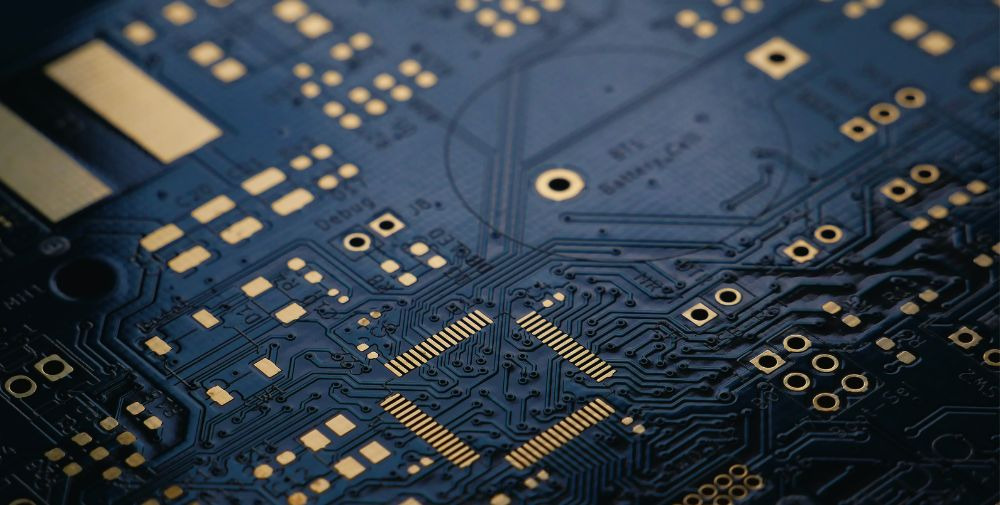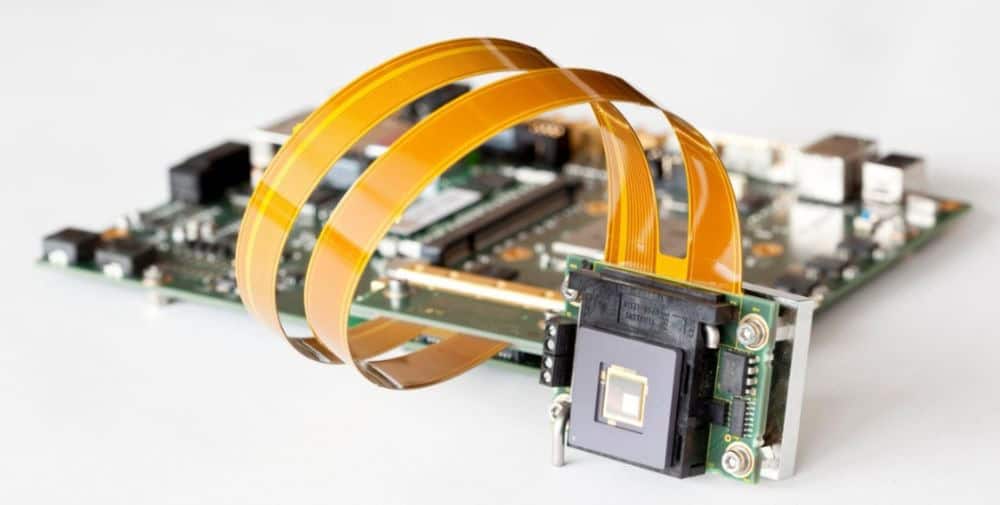
“Infineon aims to reinvent the heart of quantum computing. A key task of the new quantum lab will be to develop and test the electronics for ion trap quantum computing with the aim of integrating them into the Quantum Processing Unit. After all, this is the only way to make quantum computing scalable and usable,” said Richard Kuncic, senior vice president and general manager of Power Systems at Infineon Technologies. “Quantum computers will revolutionize many applications thanks to their computing power. But before that, they still need to be industrialized. We are advancing that in our new lab.”
To that end, the company has installed an innovative cryostat, a kind of super refrigerator that can cool down to 4 Kelvin, minus 269 degrees Celsius. Qubits, the smallest units for computations in quantum computers, are extremely sensitive and only sufficiently stable under extreme conditions. Temperatures below minus 250 degrees Celsius and extremely low pressures are typical. Despite these extreme conditions, the electronics must work flawlessly. Especially in such cold environments, many materials change their properties, and the electrical behavior can change.
While there are already a number of quantum computers, these are installations by and for research institutions. There are still several steps to be taken in development for scaling up to powerful quantum computers and industrializing the technology. This includes the precise electronic control of hundreds and thousands of qubits. Among other things, the team in Oberhaching is developing optical detectors to read out quantum states of the ions. In doing so, the colleagues are cooperating closely with Infineon’s quantum laboratory in Villach, which specializes in ion traps. In addition, it will look for synergies with colleagues in Dresden and Regensburg who are researching silicon and superconductor qubits.
In the field of power semiconductors, artificial intelligence will be used in the lab to simulate and even better predict the aging and failure behavior of microelectronics in the field of power. This not only requires the development of suitable algorithms. Rather, the data basis must also be created through practical measurement in order to train neural networks and verify their behavior. This will help to better estimate the lifetime of power converters and to detect anomalies. These insights are important for effective predictive maintenance, which should ultimately prevent equipment failure and thus optimize usage times.
– – –
Further links
👉 www.infineon.com
Photo: unsplash



